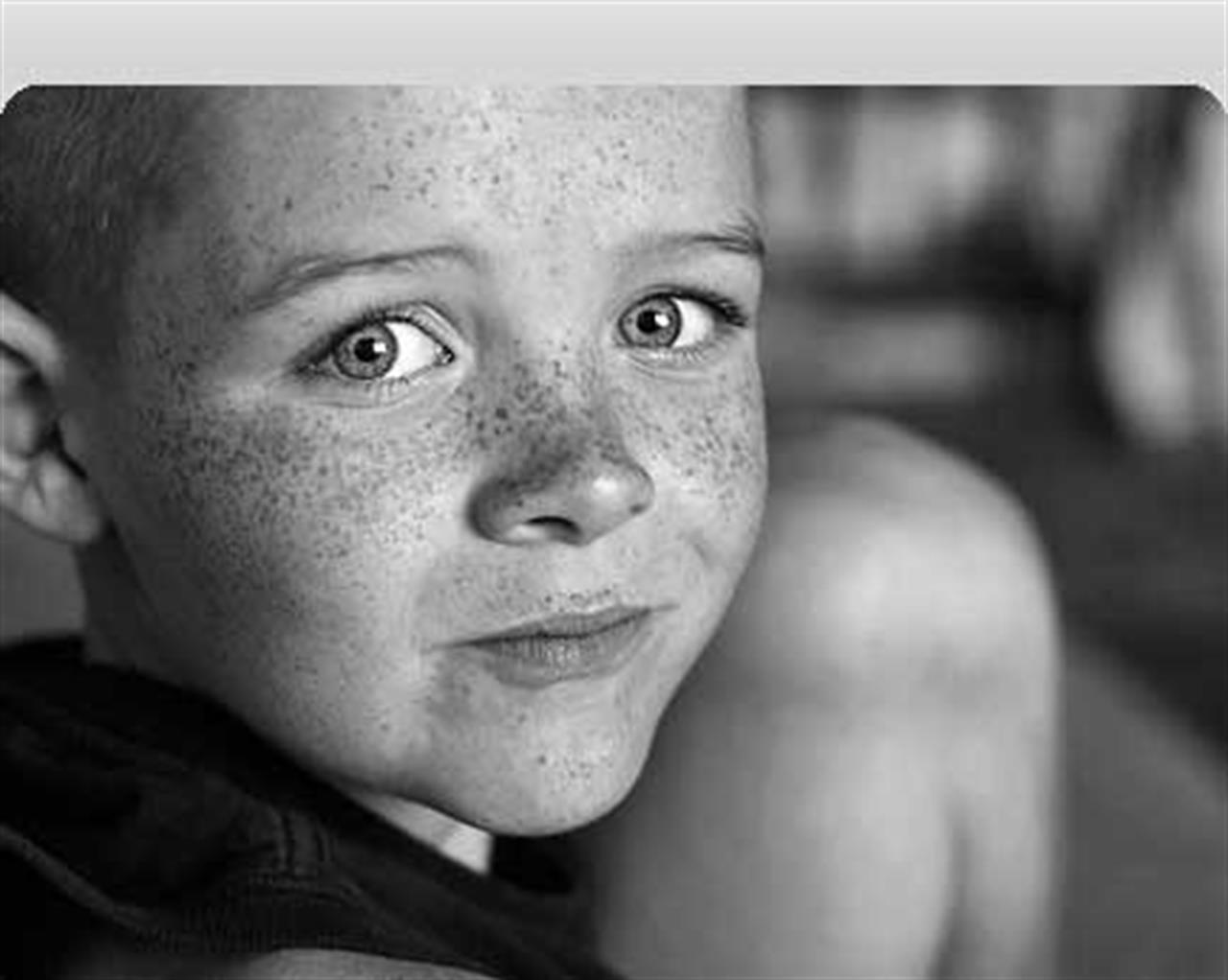Mondo
Is Old Europe in need of Humanitarian Relief?
Save The Children and Oxfam UK have recently launched campaigns calling on a focus on UK's poor. Is this the dawn of a new era of humanitarian relief on Old Europe's doorstep

On your doorstep. Spring brought bad news for the British: poverty. Poverty of humanitarian aid and emergency interventions from NGOs, is no longer something for the South of the world. Indeed the boy who appeared on the cover of the Save The Children website on April 6 has blue eyes, freckles and red hair. The accompanying title said: emergency help for United Kingdom’s poor. 150,000 pounds have already been distributed to 900 families to cover basic costs such as filling the fridge and buying children shoes. In the space of a month, from last January to last February, the cost of food went up by 11.3%, bringing 35% of British parents to cut down on food outgoings. The poorest 48% of these parents put their whole families on a diet. Impressive statistics but still, far from what we are used to hearing in the South of the world?
Malnutrition on your doorstep
Wrong, declares Collette Marshall on April 8. The UK director of Save The Children told the sceptical Guardian that “when we work overseas we deal with two forms of malnutrition – severe and stunting, which happens when the mother hasn’t got proper nutrition when pregnant and when the children don’t get proper food in the first two years … we’re seeing this stunting here now.”
No time to digest the news properly. On April 8, Oxfam joins ranks by speaking up on the subject too. In its report “Close to home, UK poverty and the economic downturn”, Oxfam points its finger at the incapacity of the State to sustain families, basing itself on the following numbers: 76% of adults consider 60.50 pounds a week given to the unemployed not enough to live on, especially if you have a family. Their identikit? The FREDs, an acronym for “Forgotten, Ripped-off, Excluded, Debt-ridden”. On the website accompanying video and photos have been published of normal English people in suffering from difficult conditions.
Genuine emergency or a simple fundraising campaign?
It is impossible not to think of the possible consequences this new path could have on the South of the world. Simultaneous reports from two of the most well-known non profit organisations can be explained, it is true, by the awaited British government’s yearly Budget plan, due in at the end of the month.
But is this really just a lobbying move? Is this really just a request for more state money?
There exists a legitimate doubt that in times of recession it is simply much easier to collect funds for emergencies happening directly around you. The worry about the consequences for the South is also therefore legitimate. Oxfam however excludes any form of negative impact on developing countries: “there are no consequences for Oxfam’s fight on poverty in Africa”, explains Antonia Bance, deputy director of Oxfam’s UK Poverty Programme, “1% of the total Oxfam budget is the amount which will continue to be given to poverty UK programme. We are not saying that what is happening here is more important than what is happening elsewhere, just that this is an existing problem that needs to be addressed by the UK government. It is not aimed at donors.”
This seems to be true. On Oxfam’s website there is of yet no trace of fundraising for FREDs. The same however cannot be said for Save The Children: from the first week of April funds are being collected by the charity for London and its surroundings’ poor. NGOs which are launching humanitarian projects at home seem like a contradiction in terms. Or maybe that was just in yesterday’s world, when poverty cut the world in two at the Equator. Today, the question we should ask ourselves is the following: can NGOs, which were born for aid to development, intervene in social and national issues, so different from international cooperation?
Si può usare la Carta docente per abbonarsi a VITA?
Certo che sì! Basta emettere un buono sulla piattaforma del ministero del valore dell’abbonamento che si intende acquistare (1 anno carta + digital a 80€ o 1 anno digital a 60€) e inviarci il codice del buono a abbonamenti@vita.it
